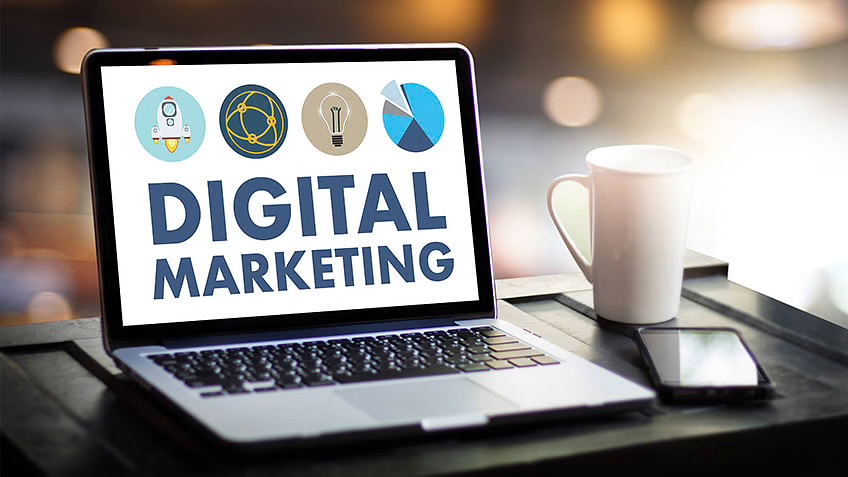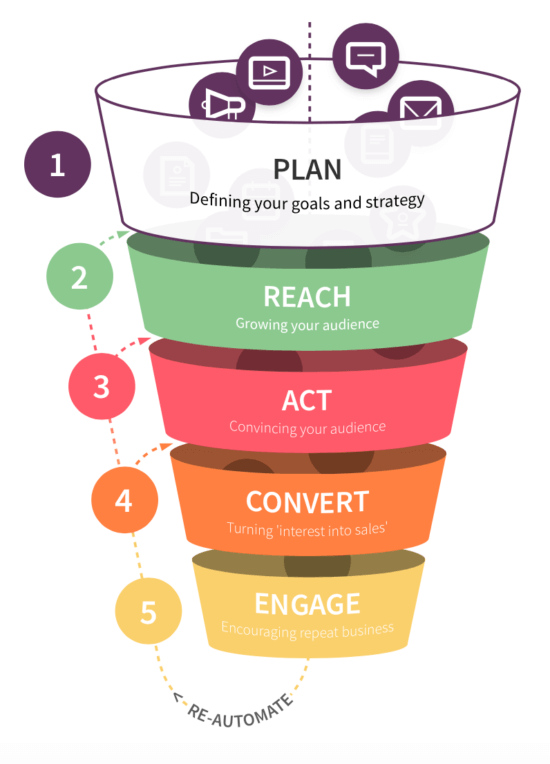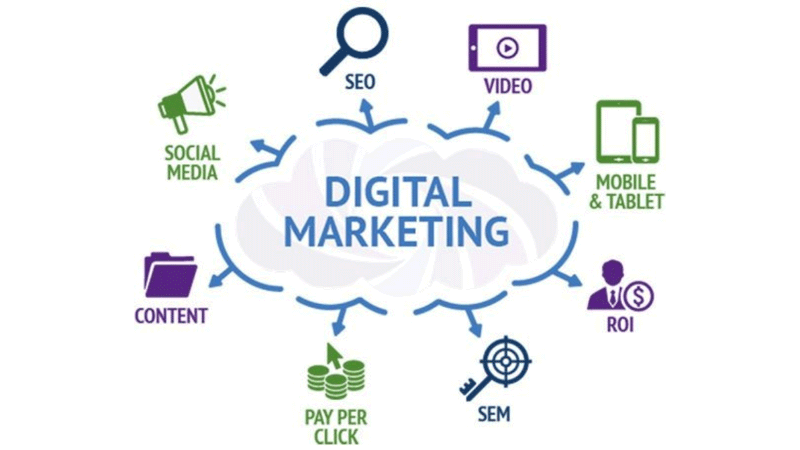
In today’s digital age, having a solid understanding of digital marketing is essential for businesses and professionals looking to thrive online. Whether you’re a professional marketer looking to upskill or someone new to the field, embarking on a digital marketing course can be the first step toward achieving your goals. In this blog post, we’ll explore how to understand the world of digital marketing, create effective marketing plans, leverage advertising agencies, and implement various marketing strategies.
Understanding Digital Marketing
Digital marketing encompasses a wide range of online strategies and tactics aimed at reaching and engaging target audiences. A digital marketing course provides a comprehensive overview of key concepts, including:
- Search Engine Optimization (SEO): Learn how to optimize website content to improve search engine rankings and increase organic traffic.
- Content Marketing: Understand the importance of creating valuable content to attract and retain customers.
- Social Media Marketing: Explore how to leverage social media platforms to build brand awareness, engage audiences, and drive conversions.
- Email Marketing: Learn effective strategies for creating and managing email campaigns to nurture leads and drive sales.
- Pay-Per-Click (PPC) Advertising: Master the art of running targeted advertising campaigns on platforms like Google Ads and Facebook Ads.
Creating a Marketing Plan

A well-crafted marketing plan serves as a roadmap for achieving your business objectives. Here’s how to develop an effective marketing plan:
- Define Your Goals: Clearly outline your objectives, whether it’s increasing website traffic, generating leads, or boosting sales.
- Know Your Audience: Conduct market research to understand your target audience’s demographics, preferences, and pain points.
- Choose the Right Channels: Select the most appropriate digital marketing channels based on your audience’s behavior and preferences.
- Set a Budget: Allocate resources to each marketing channel based on its potential ROI and your overall budget.
- Track and Measure Results: Implement analytics tools to monitor the performance of your marketing campaigns and make data-driven decisions.

Leveraging Advertising Agencies
Advertising agencies play a crucial role in helping businesses create and execute effective advertising campaigns. When choosing an advertising agency, consider the following factors:
- Experience and Expertise: Look for agencies with a proven track record in your industry and expertise in digital marketing.
- Creativity and Innovation: Seek agencies that can deliver creative and innovative solutions to help your brand stand out.
- Collaboration and Communication: Choose an agency that values collaboration and maintains open communication throughout the project.
- Results-Oriented Approach: Partner with an agency that prioritizes delivering measurable results aligned with your business objectives.
Implementing Various Marketing Strategies

In addition to digital marketing, there are other strategies worth considering to diversify your marketing efforts:
- Direct Marketing: Direct marketing involves reaching out to potential customers directly through channels such as email, direct mail, or telemarketing.
- Direct Marketing Agency: If you lack the resources or expertise to execute direct marketing campaigns in-house, consider partnering with a direct marketing agency.
- B2B Marketing: Business-to-business (B2B) marketing focuses on selling products or services to other businesses. It often involves building relationships, networking, and providing personalized solutions to meet the needs of B2B clients.
Conclusion
Beginning on a digital marketing course and developing a comprehensive marketing plan are essential steps toward achieving success in today’s competitive world. By leveraging the expertise of advertising agencies, exploring various marketing strategies, and staying updated on industry trends, you can effectively reach and engage your target audience while driving business growth.
Remember, mastering digital marketing is an ongoing journey that requires continuous learning, adaptation, and innovation. With dedication and the right resources, you can elevate your digital marketing efforts and achieve your business objectives.